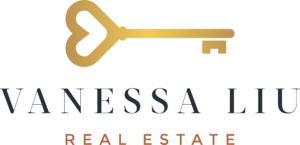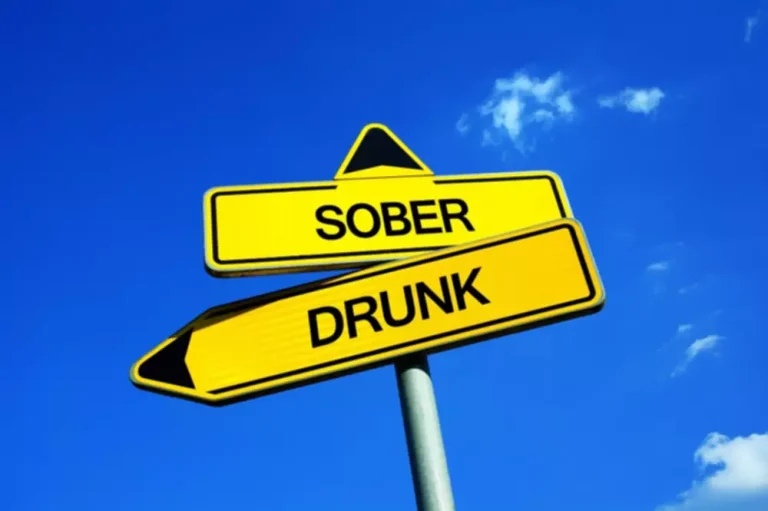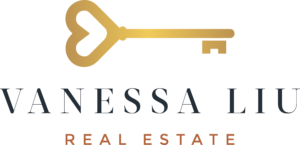It is vital for any group activity for relapse prevention to offer a supportive environment where participants feel safe, respected, and supported. To this end, leaders of group activities in addiction treatment programs should establish clear ground rules for confidentiality and respectful communication from the start. They should relapse prevention plan also facilitate activities in a non-judgmental manner and encourage open dialogue. Fun group activities, hobbies, and mindfulness practices can replace negative behaviors with constructive ones. These relapse prevention group activities also help to build resilience, strengthen your social connections, and create positive memories.
- A relapse prevention model is a simplistic way of explaining what motivates a person to stay sober and what factors contribute to a slip-up.
- Prioritizing your boundaries ensures that you’re aligned with what’s best for your well-being.
- It’s not just about willpower or moral failing; it’s a multifaceted beast that involves biological, psychological, and social factors.
- Some common challenges in creating a relapse prevention plan include identifying triggers, finding healthy coping strategies, dealing with relapses, and addressing underlying mental health issues.
Bath Salts Addiction Treatment: Effective Approaches for Recovery
Relapse occurs when you begin using a substance again after a period of sobriety. It can be due to various emotional, environmental, or social triggers. Withdrawal symptoms like nausea, shakiness, and sweating can be so difficult that you want to use drugs again just to stop them. Medications can help you manage withdrawal symptoms before they trigger a relapse.
What are some common challenges in creating a relapse prevention plan?
Maintaining recovery motivation is possible through small, concerted everyday efforts. It’s often easier to break down long-term goals into more manageable chunks, such as committing to a weekly support meeting and exercising 5x weekly. A recovery journal can document your thoughts, feelings, challenges, and successes. Reviewing your journal can visualize how far you’ve come and remind you why you started this journey. Before communicating with others, take time to understand your own needs and boundaries.
Group Activities Support Addiction Recovery
Your support network may include family members, friends, support groups, or a therapist. These individuals can offer guidance, a listening ear, accountability, and practical help when needed. It’s important to communicate with your support network about your relapse prevention plan and how they can assist you in staying on track. Additionally, consider attending relapse prevention therapy, which can provide specialized guidance and support in preventing relapse.
- It’s based on the idea that high-risk situations are often predictable and can be managed with the right skills.
- Mutual support groups are usually structured so that each member has at least one experienced person to call on in an emergency, someone who has also undergone a relapse and knows exactly how to help.
- They feel they are doing something wrong and that they have let themselves and their families down.
- I have also included a link to a public service video on relapse prevention that contains many of the ideas in this article and that is freely available to individuals and institutions [5].
- They are sometimes reluctant to even mention thoughts of using because they are so embarrassed by them.
Having a plan helps you recognize your own personal behaviors that may point to relapse in the future. It also outlines ways to combat those behaviors and get back on https://ecosoberhouse.com/ track. Peer-led group activities in treatment programs for relapse prevention can enhance engagement and relatability among group members from diverse backgrounds.
Knowing and understanding them can help you avoid relapses during recovery. Certain evidence has shown that up to two-thirds of chronic drug users slip up within weeks to months of starting treatment, and up to 85 percent of users return to drug use within one year of quitting. These statistics can help you process just how common drug relapse is and how drug addiction is a chronic but curable condition that requires prolonged treatment, just like any other chronic disorder. Consider setting aside dedicated time each month to review your plan. Reflect on any recent challenges or successes you’ve experienced and identify any areas of your plan that may need modification. By consistently reviewing and updating your plan, you can ensure that it remains relevant and effective in supporting your recovery.







